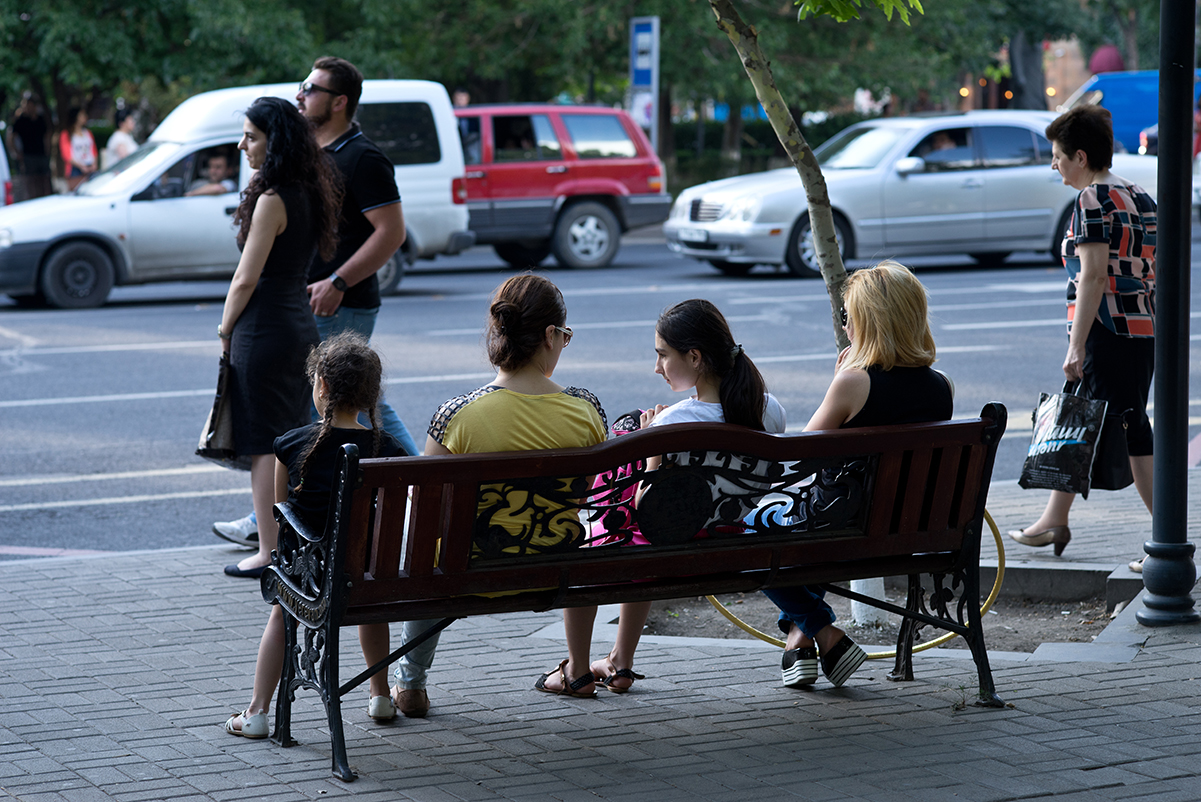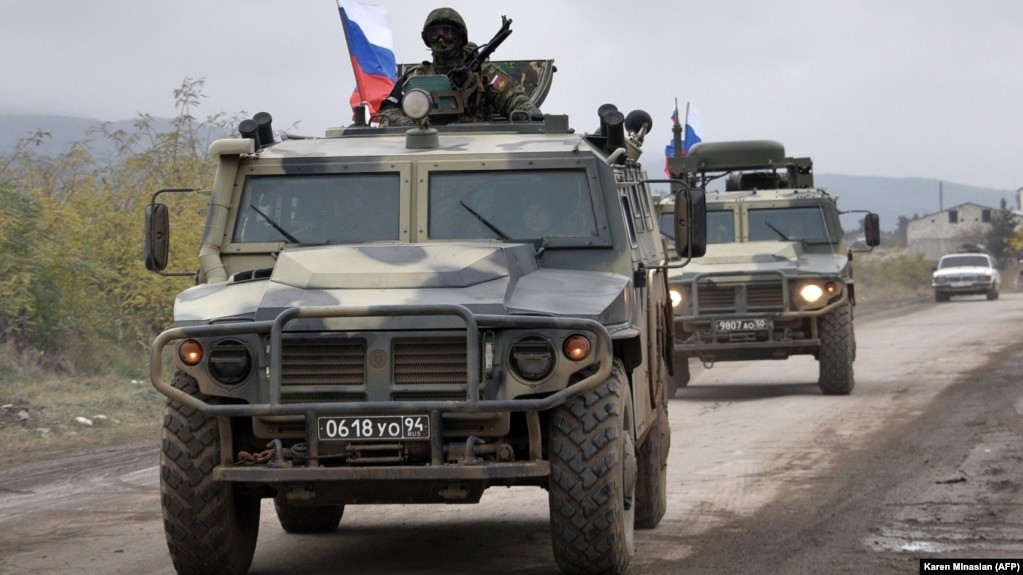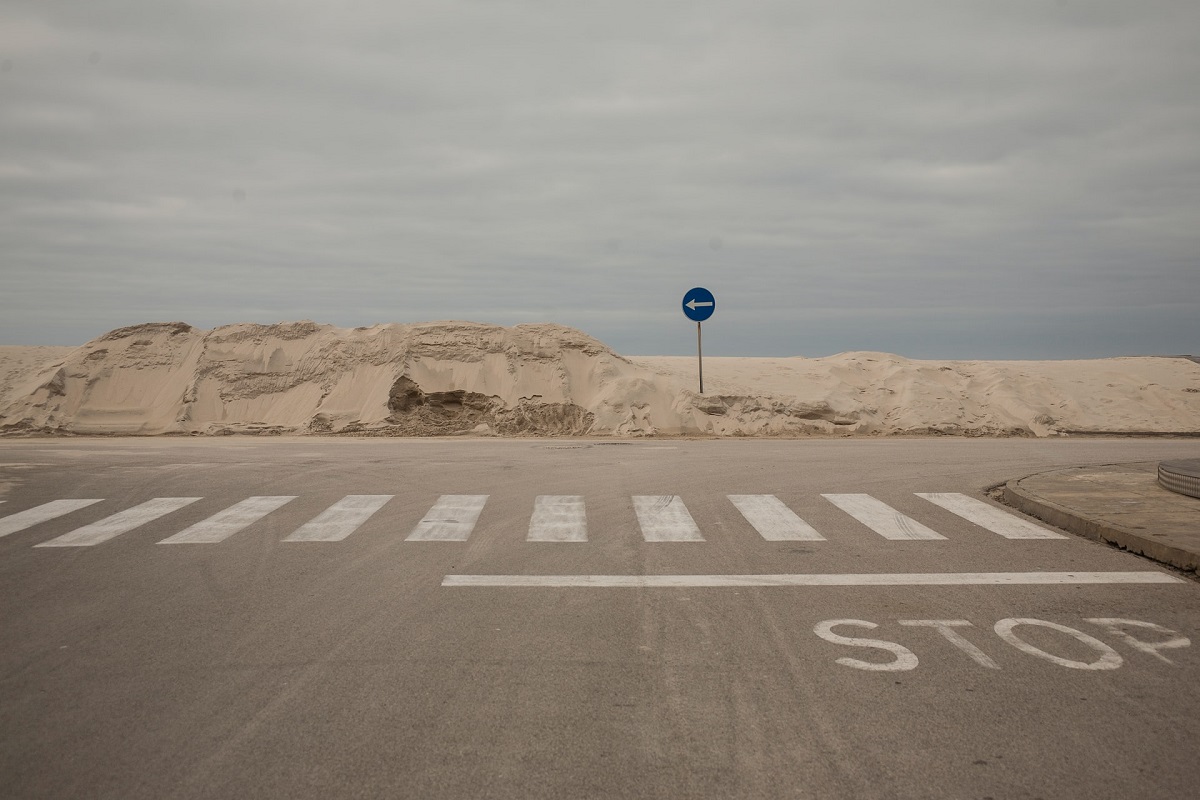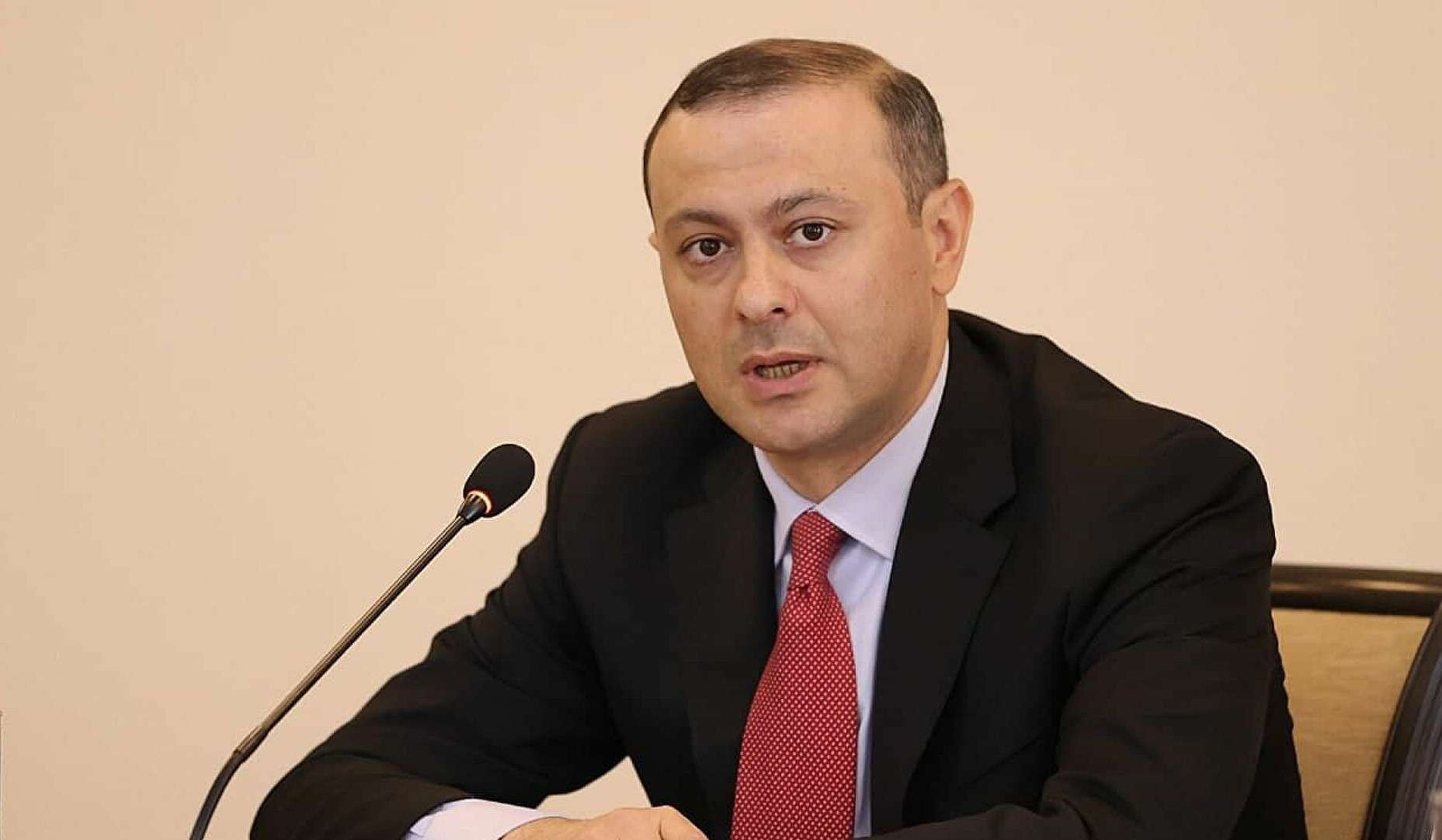'Amended' statement of Russian Foreign Minister: what happened during Lavrov's visit to Armenia?
Russian Foreign Minister Lavrov’s visit to Yerevan
In Armenia, special attention was paid not to the meeting of the Council of Foreign Ministers of the CSTO member countries, which took place in Yerevan on June 10, but to the statements of Russian Foreign Minister Sergei Lavrov. He arrived in Armenia on a two-day working visit. During a joint press conference with his Armenian counterpart Ararat Mirzoyan, he made two statements that are still actively discussed in Armenia.
One concerns the unblocking of communications by Armenia and Azerbaijan, and the other concerns the situation around the village of Parukh in Nagorno-Karabakh (Azerbaijanis call this village Farukh).
In particular, Lavrov announced a “simplified regime” of control during the resumption of road communication between Armenia and Azerbaijan, which “will be completely based on the sovereignty of the territory of Armenia”. This statement corresponds to the position of the Armenian side, but the expression “simplified regime” raised questions.
Answering the question about the village of Parukh, Lavrov said that the issue would be resolved “within the framework of the upcoming substantive work on the delimitation” of the Armenian-Azerbaijani border. This raised a question in Baku: what do NK territories have to do with the Armenian-Azerbaijani border?
- CSTO military bloc celebrates 30th anniversary: how leaders view the alliance
- Opinion from Baku: “Moscow is against bilateral negotiations between Azerbaijan and Armenia”
- “CSTO military contingent went to Kazakhstan, but never came to Armenia”
“Simplified regime” and “de-escalation in Nagorno-Karabakh”
During a press conference, Sergey Lavrov spoke about the resumption of transport links between Armenia and Azerbaijan:
“The railway route has already been agreed, now the agreement on the land route is ending, as well as the agreement on the regime that will be introduced. It will be completely based on the sovereignty of the territory of Armenia. There can be no ambiguity here”.
After the second Karabakh war, the Azerbaijani side repeatedly demanded the provision of a “corridor” through the territory of Armenia to its Nakhichevan exclave. The Armenian side constantly repeated that it was in favor of unblocking regional communications, but was categorically against providing routes with “corridor logic”. According to the explanation of the Armenian authorities, the term “corridor” implies the loss of sovereignty over this territory, which is out of the question.
According to Lavrov, the process of unblocking roads is connected with practical actions, “which are associated with the creation of infrastructure for many years, so it’s better to look before leaping”.
After the meeting of the Deputy Prime Ministers of Armenia, Azerbaijan and Russia, which took place in Moscow on June 3, Russia reported that the parties had found closer approaches to issues of border, customs and other types of control of roads and railways. Yerevan said that the approaches of the parties were clarified. But it remains unclear what these approaches are.
During the press conference, the ministers did not explain what is meant by the “simplified regime” of control. It is this issue that has become the most discussed in the expert community of Armenia.
Answering a question about the situation around the village of Parukh in Nagorno-Karabakh, Lavrov stressed that it is a priority for Russian peacekeepers:
“There are certain results already in terms of the de-escalation of this situation. We have an understanding that within the framework of the forthcoming substantive work on delimitation, these issues will be considered and resolved without fail”.
In March 2022, the Azerbaijani Armed Forces advanced in Nagorno-Karabakh to the territory under the control of Russian peacekeepers. This refers to the village of Parukh in the Askeran region and part of the strategically important height of Karaglukh. So far, the Russian peacekeepers have failed to return the Azerbaijanis to their original positions and the inhabitants of Parukh still cannot return to their homes.
Baku’s reaction and the “edited” text of Lavrov’s statement
Official Baku reacted to Lavrov’s comment about the village of Parukh (Farukh) in Nagorno-Karabakh. The head of the press service of the Azerbaijani Foreign Ministry, Leyla Abdullayeva, stated that it is located in the Khojaly region and has nothing to do with the issue of delimitation of the border with Armenia:
“The activities of the commissions on delimitation established by Azerbaijan and Armenia, as was foreseen in advance, pursue the goal of delimiting the state border of the two countries. Within the framework of this process, no issue is expected to be considered outside the Azerbaijani-Armenian state border”.
After that, the Russian Foreign Ministry released the transcript of the press conference between Lavrov and Mirzoyan, editing Lavrov’s statement as follows:
“We hope that the launch of the process of delimitation of the Armenian-Azerbaijani border will help increase confidence between Baku and Yerevan and prevent incidents like Parukh in the zone of responsibility of the Russian peacekeeping contingent”.
Expert commentary
Political observer Hakob Badalyan is sure that the parties have not agreed on the regime of control of roads that will be unblocked.
Hakob Badalyan emphasizes that the starting point should be the trilateral statement of November 9, signed by the heads of Armenia, Azerbaijan and Russia. It clearly states that Armenia undertakes to ensure unhindered communication between Nakhichevan and Azerbaijan, and the FSB of Russia will control the road.
According to the expert, Azerbaijan is trying to present this in the corridor logic, since for Baku there is also the issue of domestic consumption. And Yerevan, according to him, should rule out such a development.
“Lavrov’s statements that sovereignty cannot be questioned are an important starting point. So far, Yerevan manages to keep this bar in the perception of the main players”, Badalyan believes.
Referring to Lavrov’s statement about the situation in Parukha, the observer eliminates confusion. Given the fact that this is an extremely experienced diplomat, Badalyan believes that this was most likely a deliberate hint. It came after “not so smooth” talks with the Turkish president in Ankara.
The political observer does not rule out that Lavrov’s statement was intended for Ankara or Baku.
“Lavrov made a hint in some direction, then, making sure that the addressee received it, he decided to stop the process at the public level. And the Russian Foreign Ministry presented a transcript with different content so that there would be no more noise on this topic. Over time, it will become clear how this process will continue behind the scenes”.






















